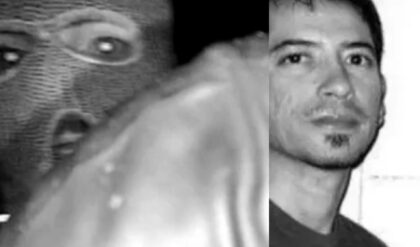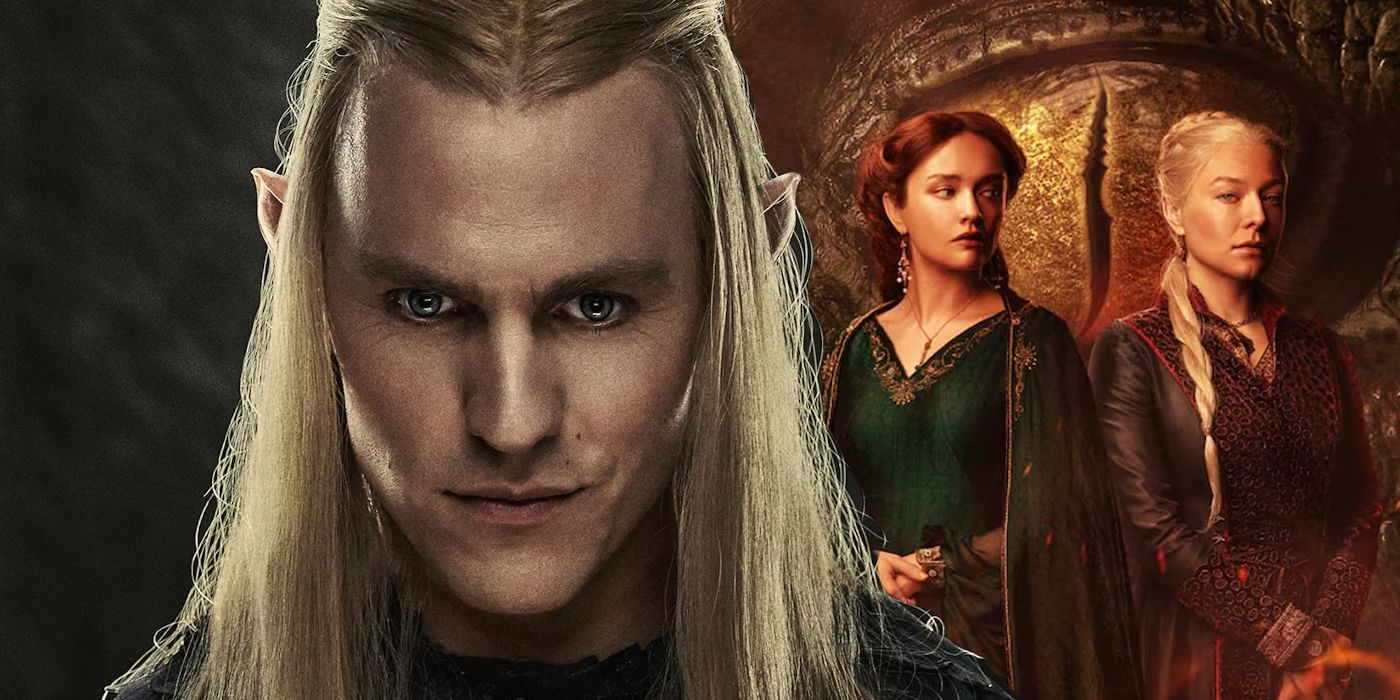
Before The Lord of the Rings: The Rings of Power hit Prime Video, there was a lot of focus on the show’s massive budget and ambitious plans for several seasons in the hopes of becoming the next big fantasy series now that Game of Thrones had ended. However, HBO would keep the Game of Thrones franchise alive with House of the Dragon, which had a strong first season. The Rings of Power would also have a strong first season despite complaints from Tolkien purists and debuted around the same time as the Game of Thrones successor in 2022. The Rings of Power recently wrapped up its second season, and many agree it was an improvement over the first. At a time when there are numerous competing genre television shows like House of the Dragon, The Rings of Power has now proven itself to be the best in the realm of fantasy after its second season.
House of the Dragon Had a Poor Second Season
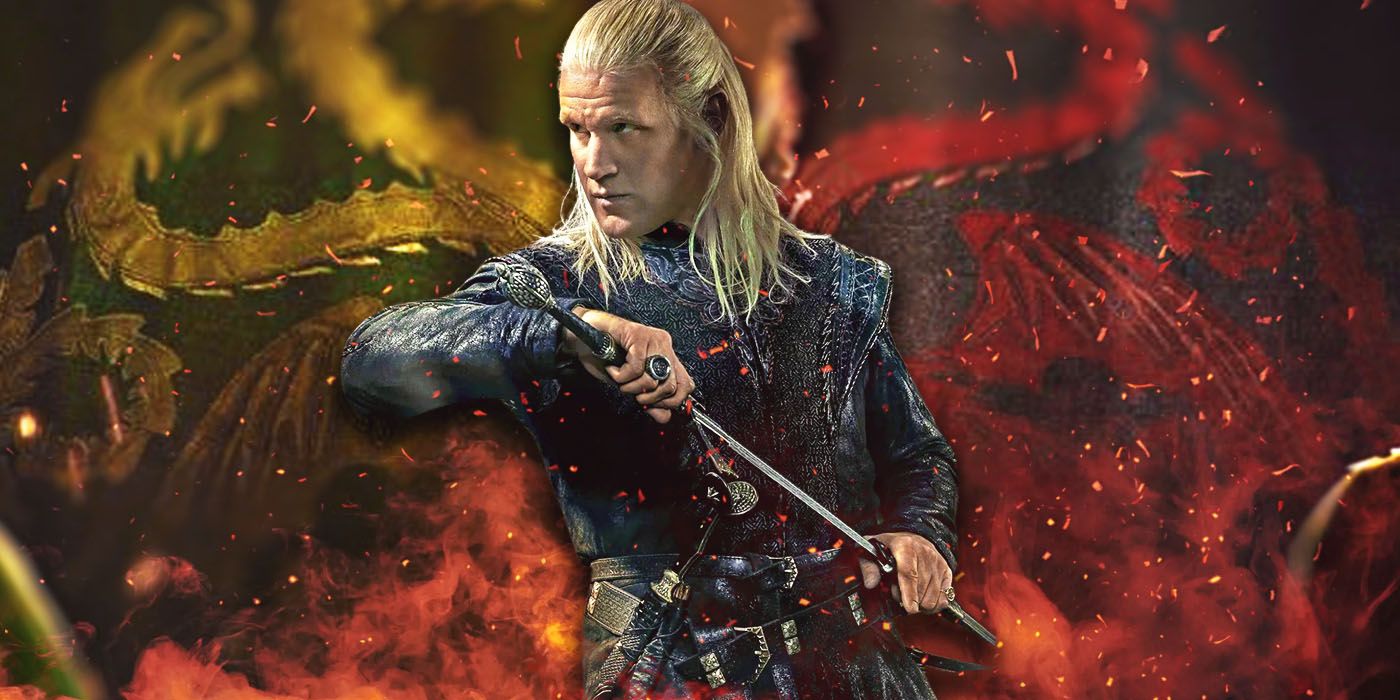
The prequels series will continue for two more seasons; however, HBO is also releasing A Knight of the Seven Kingdoms, another Game of Thrones spin-off.
House of the Dragon adapts Fire & Blood by George R.R. Martin and takes place over a hundred years before Game of Thrones.
House of the Dragon also released its second season this year. Still, unlike The Rings of Power, which improved in terms of quality, the HBO series took a massive step back—the second season of House of the Dragon followed a more traditional format, as the past seasons of Game of Thrones after the first season skipped around in time. Season two of the series failed to deliver moments as exciting as The Rings of Power, and its pacing was very slow, ultimately leading to nothing substantial.
A major reason why is that the House of the Dragon‘s second season was originally set to have ten episodes and would’ve ended with a more eventful finish based on the book’s timeline. Instead, the series leaves audiences in a very similar place as it did at the start of the season, and there will now be another long wait until the series picks up again. Momentum is huge in big-budget shows like House of the Dragon and The Rings of Power since they take several years to produce. The latter took major strides in its second season with the story featuring the creation of the rings, a Gandalf reveal, the fall of Eregion, and the death of several major characters. House of the Dragon failed to do this in its last eight episodes, and excitement for what’s next is now lower because of it.
The Scope of the Series Is Unlike Any Other
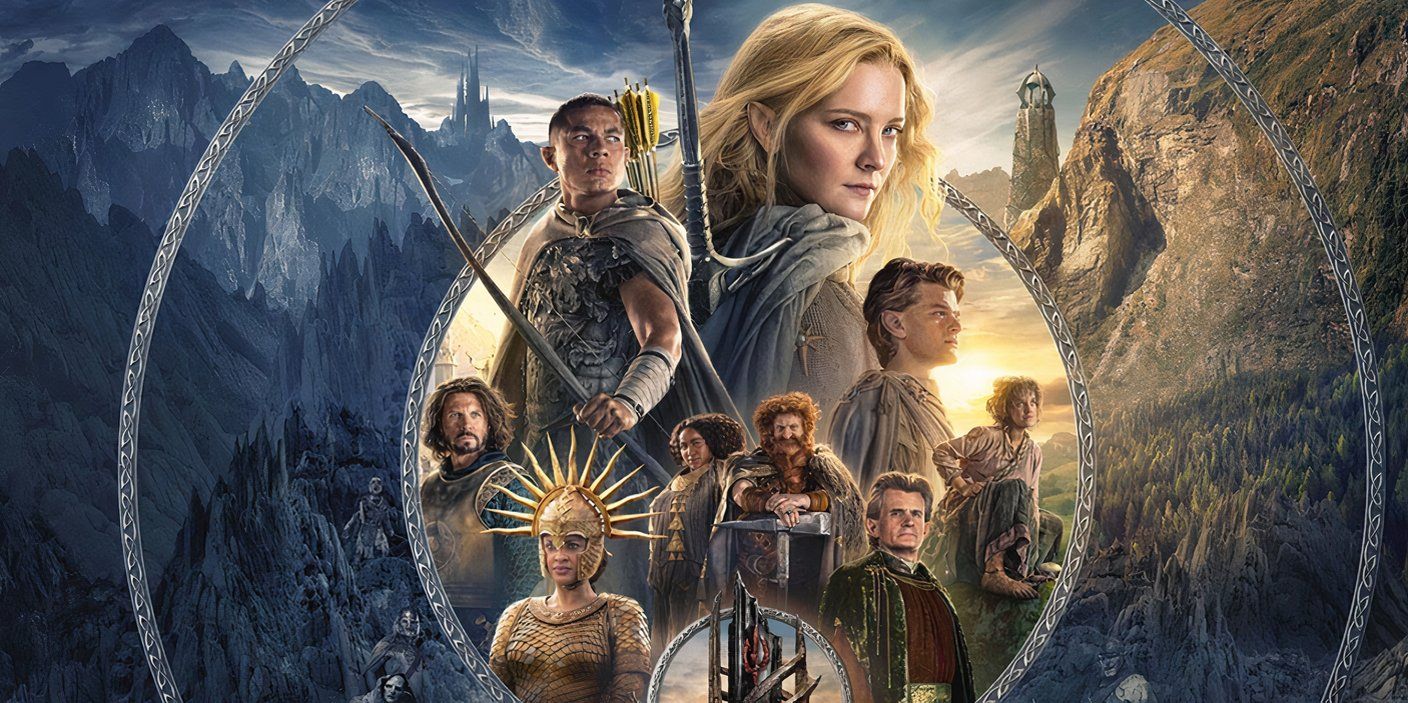
The first season of The Lord of the Rings: The Rings of Power cost over $400 million to make.
After filming the first season in New Zealand, where the Peter Jackson trilogy was also filmed, Amazon took season two production to the United Kingdom.
No series has carried a bigger price tag than The Rings of Power, and it certainly shows throughout the first and second seasons. The visuals and set pieces of the series are stunning, matching, and, at times, succeeding what’s seen in theaters today. While House of the Dragon also carries a large budget, The Rings of Power has now become the standard for what’s possible on television.
The series’ second season explores new parts of Middle-earth with The Stranger and Harfoot storyline that adds a new visual identity to the franchise as they travel through Rhûn. It’s the first time a desert terrain has been featured in The Lord of the Rings franchise, and it expands the world in a great way. The latest season also contains a massive battle in its penultimate episode that beats out anything House of the Dragon has produced so far. While Battle of the Bastards in Game of Thrones set the bar for battle sequences in television, The Rings of Power is closer to achieving something it than House of the Dragon after two seasons.
Sauron Is a Major Standout
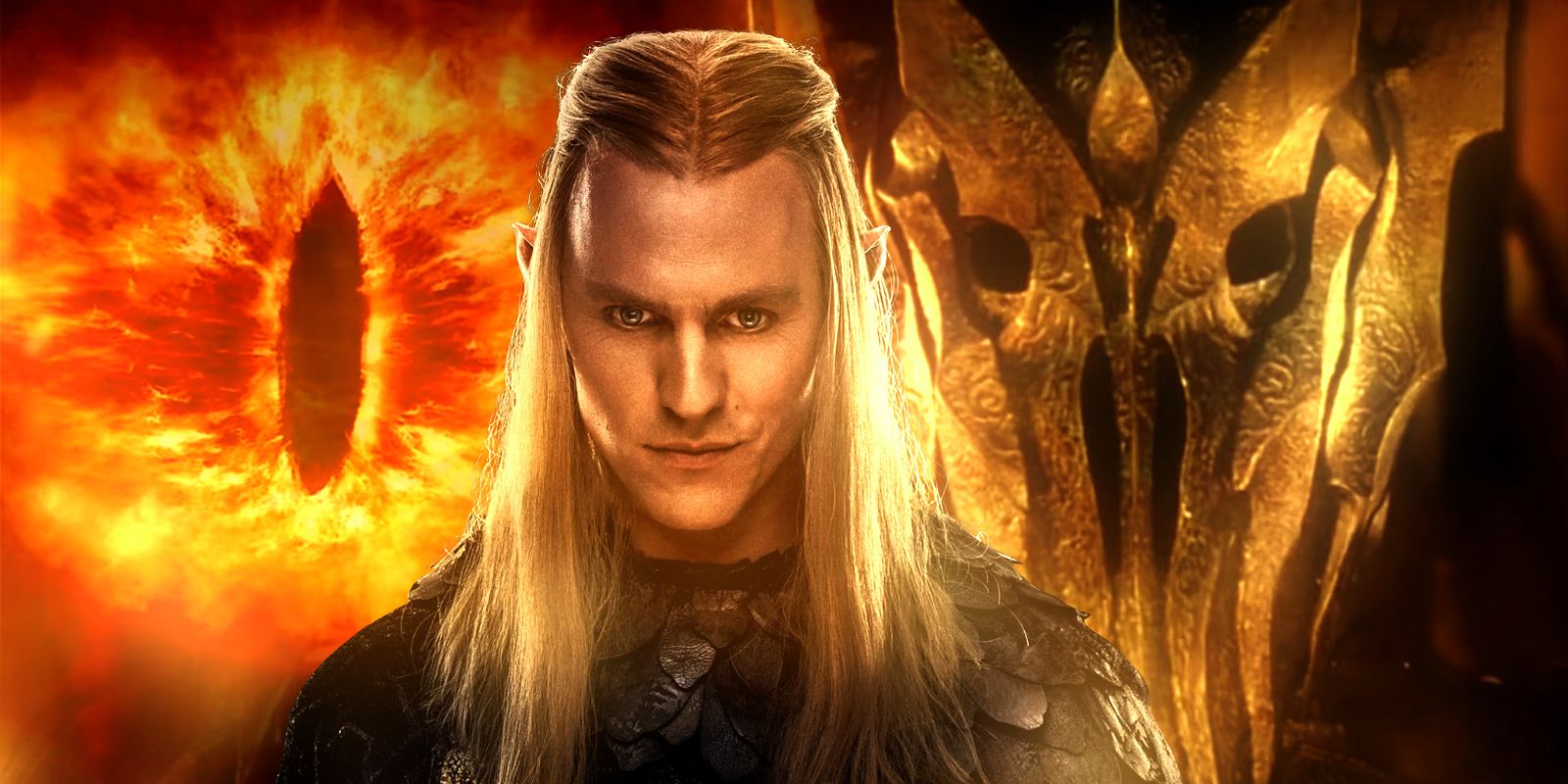
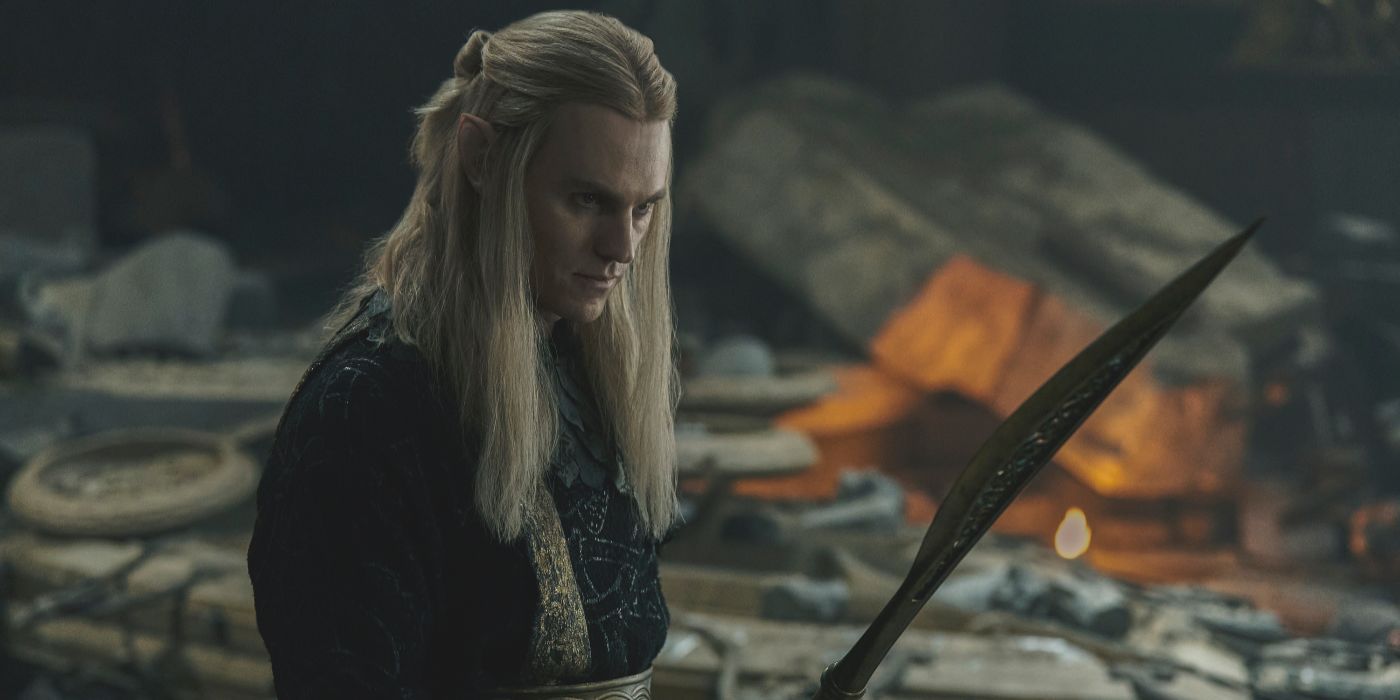
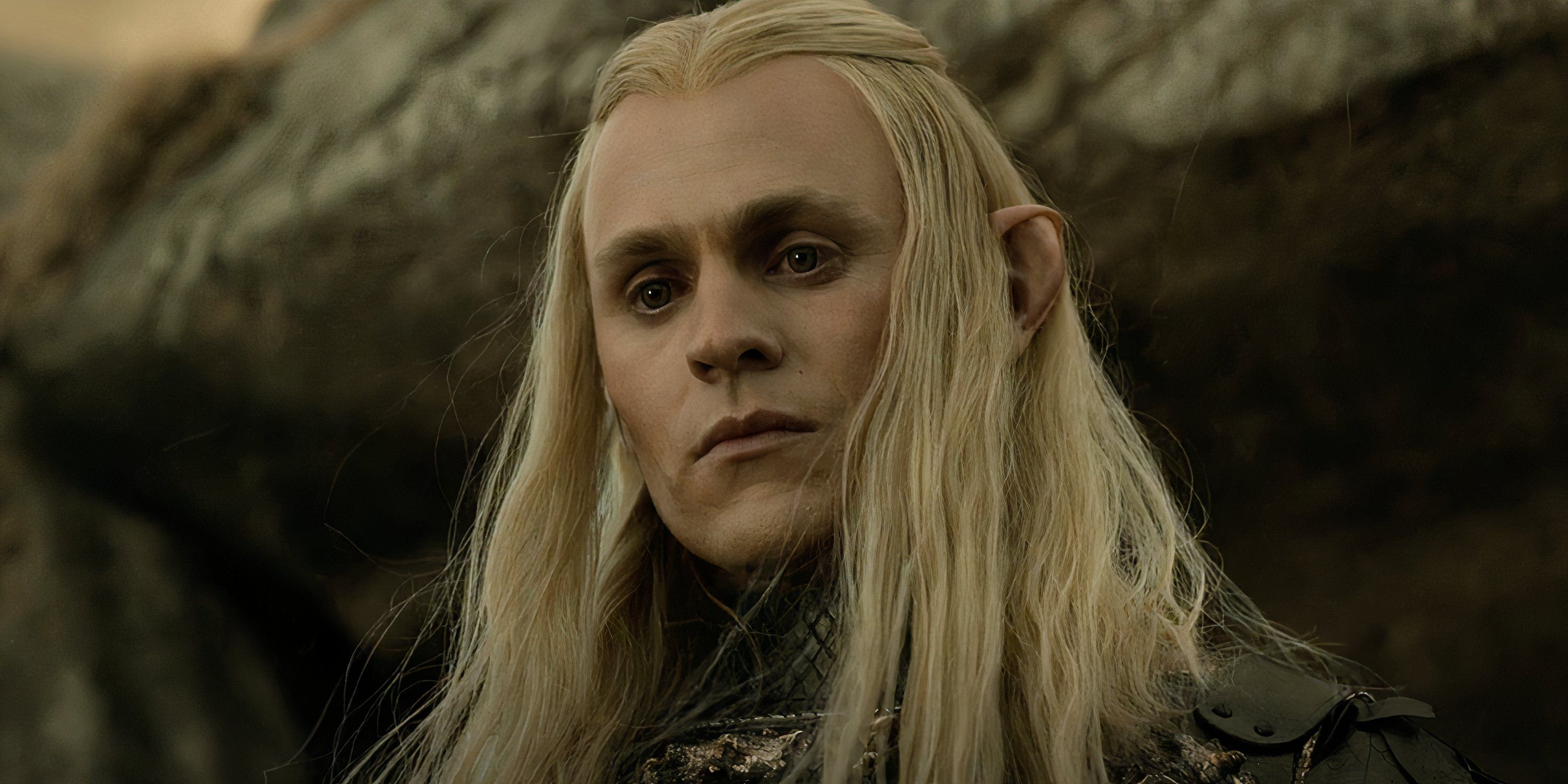
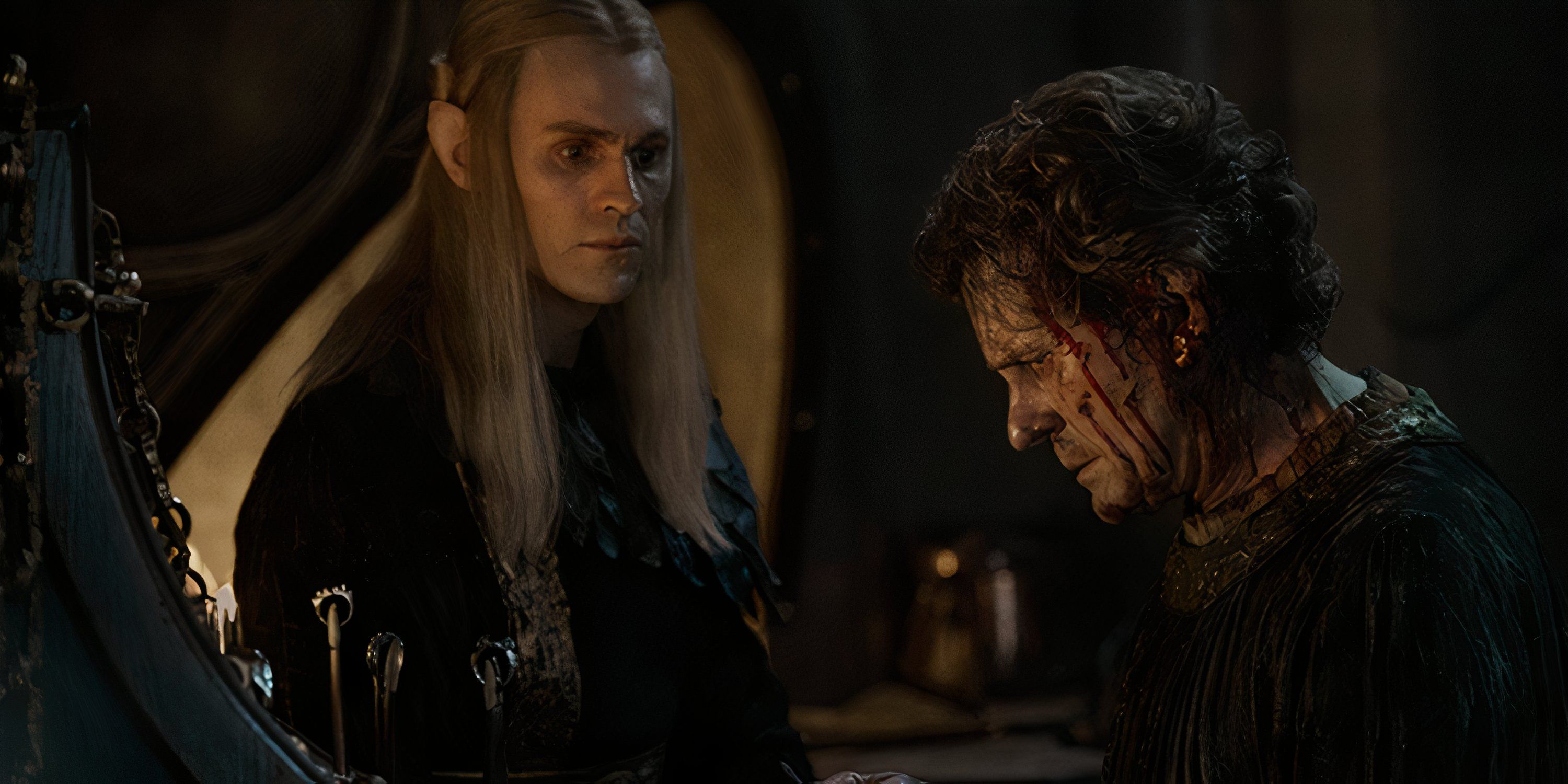
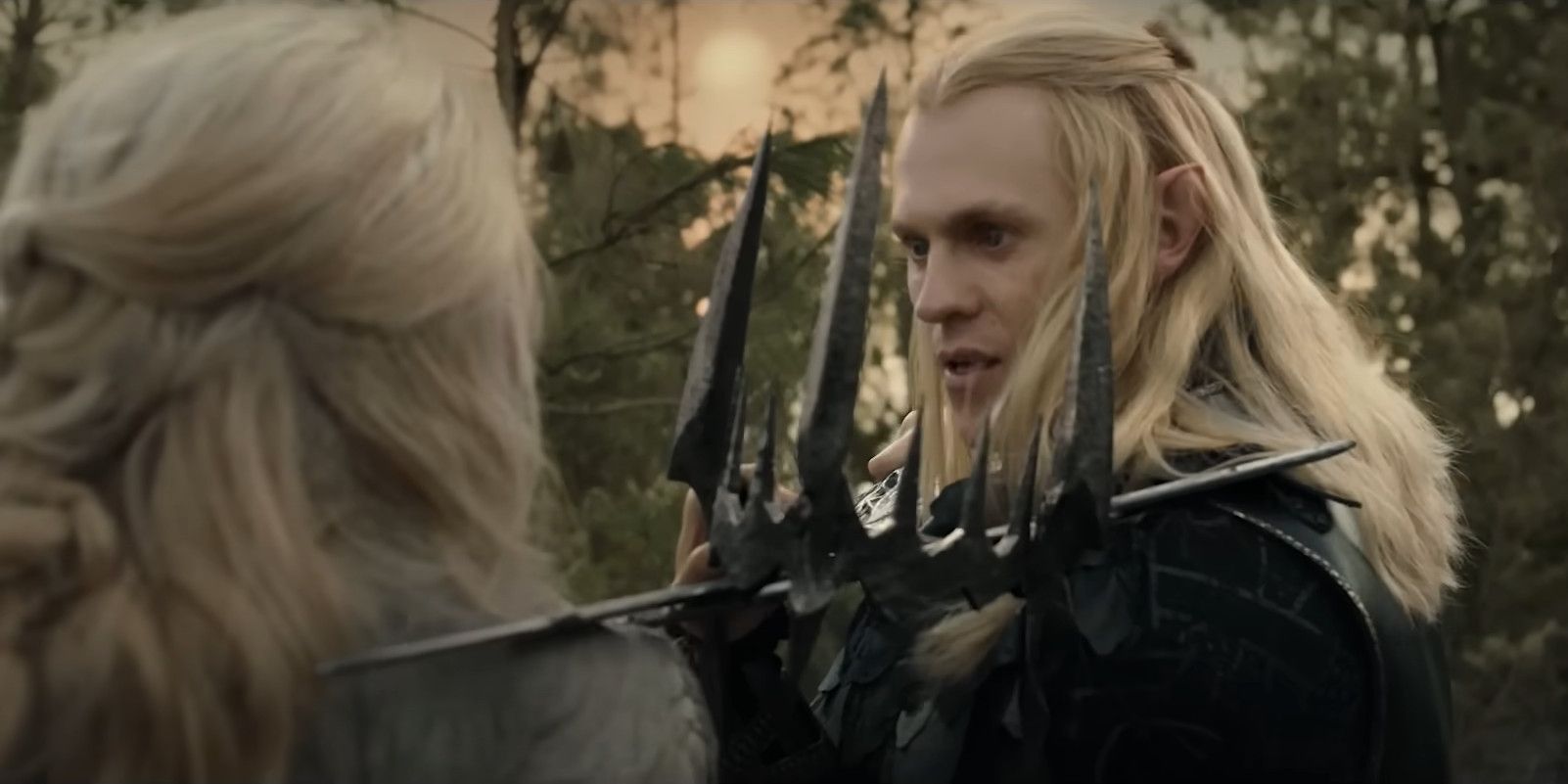





The Lord of the Rings Entries Ranked by Rotten Tomatoes
#5: The Hobbit: The Desolation of Smaug – 74%
#4: The Lord of the Rings: The Rings of Power – 83%
#3: The Lord of the Rings: The Fellowship of the Ring – 92%
#2: The Lord of the Rings: The Return of the King – 94%
#1: The Lord of the Rings: The Two Towers – 95%
House of the Dragon and The Rings of Power might fall under the same genre and share similar tropes at times, but the two are different when exploring good and evil. House of the Dragon and Game of Thrones are more nuanced regarding who’s good and bad, while The Lord of the Rings and The Rings of Power clearly illustrate this point. House of the Dragon has plenty of interesting and morally complex characters, but The Rings of Power has one villain to rule them all.
“This is where it begins, and he needs to conquer all the different parts of Middle-earth, be it Númenóreans, elves. And he has these nine rings that he’s just got from Galadriel. I think task number one is probably: who am I going to give these nine rings to, to enslave them? He’s got a big to-do list.” — Charlie Vickers on what’s next for Sauron after season two .
While Sauron is the main villain in The Lord of the Rings series to defeat, his presence is more figurative since he’s in a different form at that point.The Rings of Power finally explores Sauron as a fully-fledged character and his true menace. In the first season, he first appears in the form of Halbrand before he’s revealed as the evil lord. In season two, he becomes Annatar to manipulate Celebrindor into creating the rest of the rings. Charlie Vickers has never been more terrifying than Sauron by the time the second season ends. Sauron is one of the most compelling villains in television at the moment, and it’s fulfilling to see The Lord of the Rings‘ main villain receive the exploration he’s getting in The Rings of Power.
The Lord of the Rings series is among the greatest franchises, and while it stumbled with The Hobbit film trilogy, The Rings of Power has taken the IP back to its high-quality roots. Game of Thrones is successful in its own right, and while the Peter Jackson films certainly influenced the series, the story and tone quickly set it apart in television. Both are hallmarks of the fantasy genre and have found success in the live-action medium, and audiences are living in a special time when both are ongoing. House of the Dragon‘s first season was a welcome return to Westeros with the feel of the earlier seasons but created its own identity with its story structure and focus on younger leads.
Ever since its announcement, many viewed The Rings of Power as Amazon Prime Video’s answer to Game of Thrones as an attempt to spearhead its streaming service on a record-breaking budget. While The Lord of the Rings series has its critics, it accomplishes what it set out to do, which is showcase the promise of seeing Middle-earth on television. The Rings of Power maintains the epic storytelling expected from the franchise and continues to improve with its characters and writing. Meanwhile, House of the Dragon stumbled, and as a result, The Rings of Power is now television’s top fantasy series after two seasons. With more seasons planned for each, both will still keep high-budget fantasy television alive and exist as two very different flavors of it.

